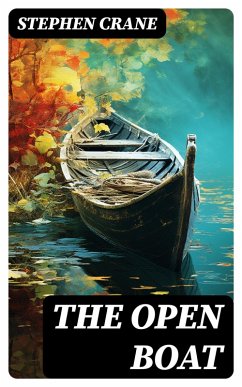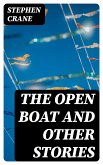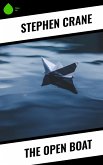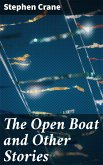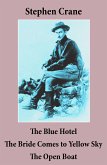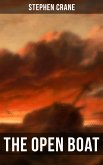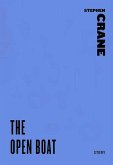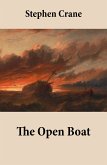Stephen Crane's 'The Open Boat' is a powerful and gripping tale of survival that delves into the existential realities of the human condition. Written in a naturalistic style, the novella explores the struggles of four men who are stranded at sea in a small boat, facing the indifferent forces of nature. The vivid descriptions and intense focus on the characters' inner thoughts create a sense of immediacy and tension, drawing readers into the unforgiving world of the open sea. Crane's use of precise language and attention to detail reflects his journalistic background and adds a sense of authenticity to the narrative. Set against the backdrop of the American literary realism movement, 'The Open Boat' serves as a testament to the harsh truths of life and the resilience of the human spirit. Stephen Crane's personal experiences as a war correspondent during the Spanish-American War influenced his writing, infusing 'The Open Boat' with a sense of raw intensity and emotional depth. The novella stands as a timeless reflection on the fragility of human existence and the enduring struggle for survival in the face of adversity, making it a must-read for fans of literary fiction and naturalistic literature.
Dieser Download kann aus rechtlichen Gründen nur mit Rechnungsadresse in A, B, BG, CY, CZ, D, DK, EW, E, FIN, F, GR, H, IRL, I, LT, L, LR, M, NL, PL, P, R, S, SLO, SK ausgeliefert werden.

